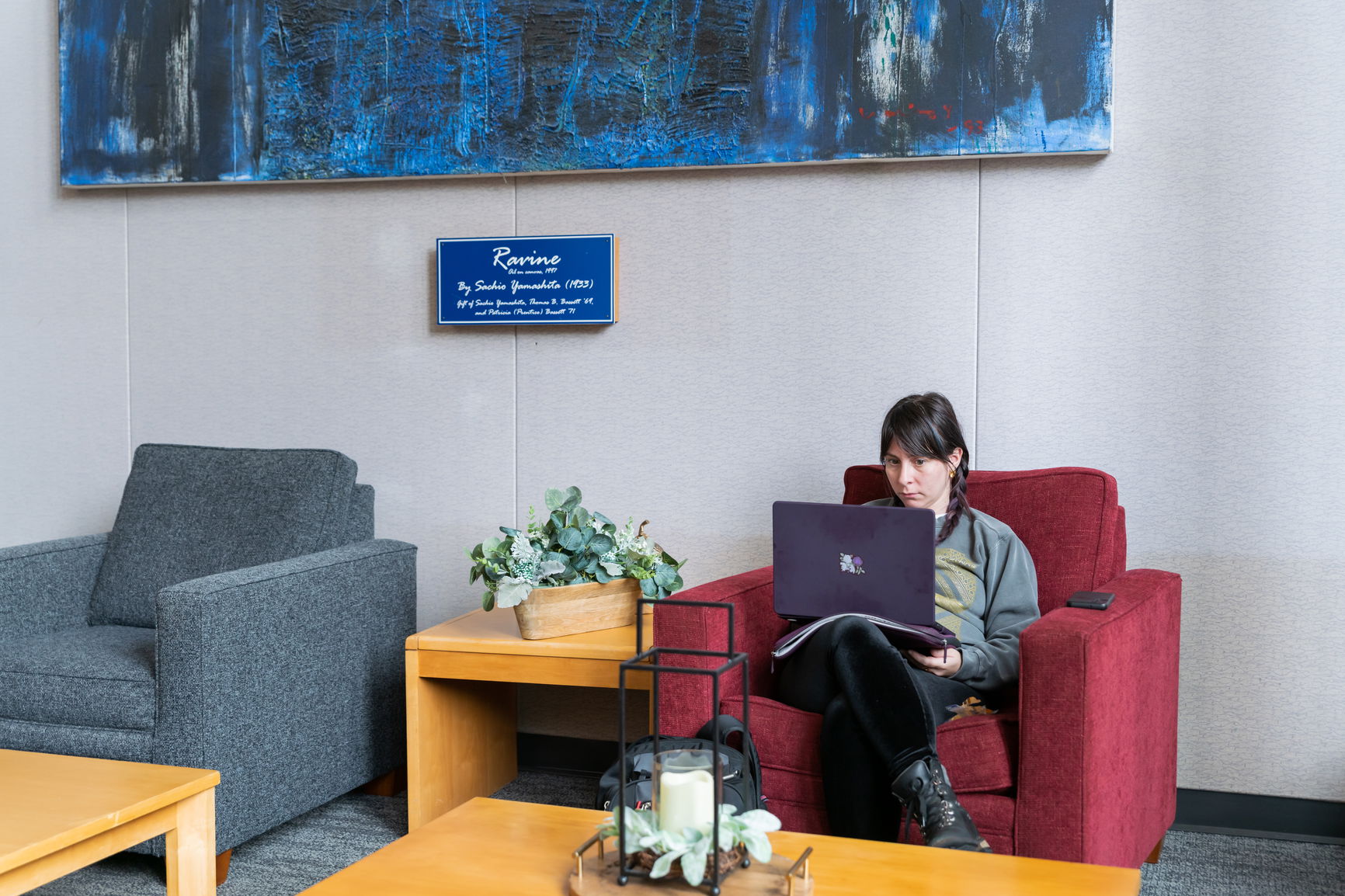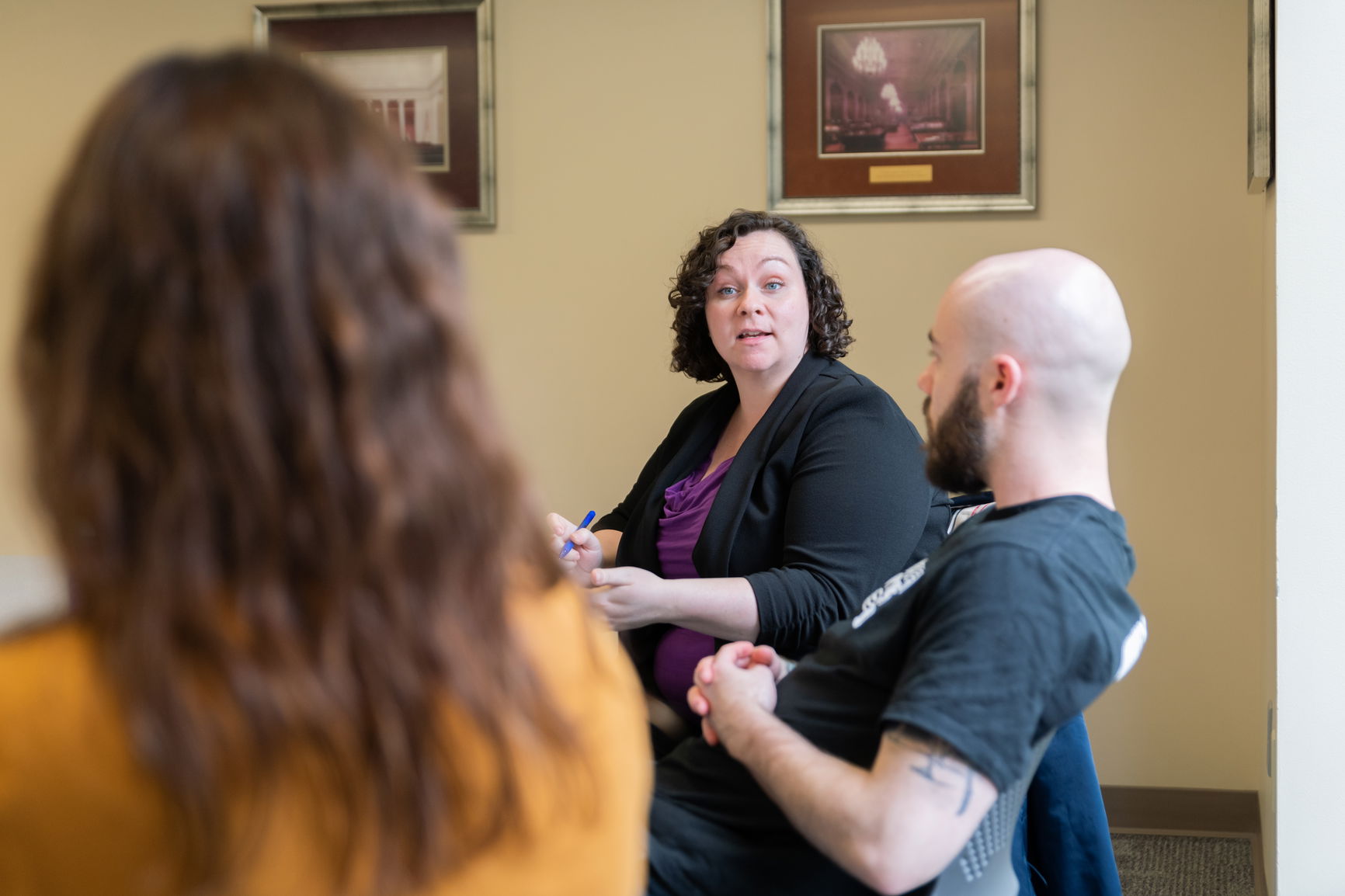Family Law & Child Advocacy Association
The Family Law and Child Advocacy Association connects students passionate about family and child law. Connect with peers and lawyers, attend events, and volunteer.
Develop real-world skills needed to avoid or end legal conflicts. Explore our advocacy and dispute resolution certificate program to advocate for clients.

Through our learning outcomes, students will develop strong negotiation skills. Learn how to problem solve and manage emotionally charged situations. Take classes in litigation, dispute resolution, negotiation, and arbitration. Our program curriculum changes from semester to semester, so follow up with our program director for specific course information.

Our faculty members are experts in arbitration, negotiation, and the mediation process. They'll provide helpful training to prepare you for your career. Tackle reading assignments, professional development opportunities, and more with support from our professors.
Our program director, Professor Cook, has been in private practice since 1996, focusing on protective proceedings, estate planning, probate and trust administration. Her practice includes wills, trusts, estate and disability planning, guardianships, conservatorships, and probate matters.

No matter what you're interested in, we offer a variety of ways to connect and develop the right skills for your career path. Gain hands-on experience through student groups, centers, and other options on campus.
The Family Law and Child Advocacy Association connects students passionate about family and child law. Connect with peers and lawyers, attend events, and volunteer.
The Willamette Journal of International Law and Dispute Resolution focuses each issue on a single theme. Gain experience with legal research and review experience.

Only current students can apply to our certificate program. In their online application, students must attest to their academic good standing and provide a 250-word personal statement explaining why they wish to pursue their certificate. The director may cap the size of the program, based on advising capacity and capstone course availability. Please contact the Program Director for further information.

Willamette University